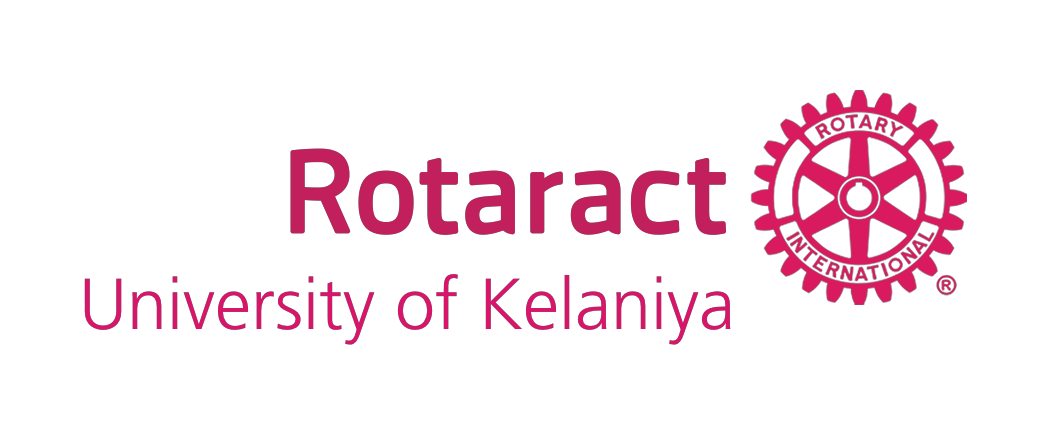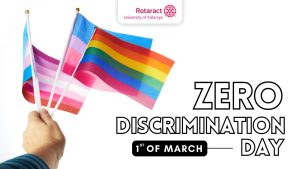
The International Labour Organization (ILO) unanimously adopted the ILO Declaration on Social Justice for a Fair Globalization on 10 June 2008. This is the third major statement of principles and policies adopted by the International Labour Conference since the ILO’s Constitution of 1919. It builds on the Philadelphia Declaration of 1944 and the Declaration on Fundamental Principles and Rights at Work of 1998. The 2008 Declaration expresses the contemporary vision of the ILO’s mandate in the era of globalization.
This landmark Declaration is a powerful reaffirmation of ILO values. It is the outcome of tripartite consultations that started in the wake of the Report of the World Commission on the Social Dimension of Globalization. By adopting this text, the representatives of governments, employers’ and workers’ organizations from 182 member States emphasize the key role of our tripartite Organization in helping to achieve progress and social justice in the context of globalization. Together, they commit to enhance the ILO’s capacity to advance these goals, through the Decent Work Agenda. The Declaration institutionalizes the Decent Work concept developed by the ILO since 1999, placing it at the core of the Organization’s policies to reach its constitutional objectives.
The Declaration comes at a crucial political moment, reflecting the wide consensus on the need for a strong social dimension to globalization in achieving improved and fair outcomes for all. It constitutes a compass for the promotion of a fair globalization based on decent work, as well as a practical tool to accelerate progress in the implementation of the Decent Work Agenda at the country level. It also reflects a productive outlook by highlighting the importance of sustainable enterprises in creating greater employment and income opportunities for all.
The General Assembly recognizes that social development and social justice are indispensable for the achievement and maintenance of peace and security within and among nations and that, in turn, social development and social justice cannot be attained in the absence of peace and security, or in the absence of respect for all human rights and fundamental freedoms.
It further recognizes that globalization and interdependence are opening new opportunities through trade, investment and capital flows and advances in technology, including information technology, for the growth of the world economy and the development and improvement of living standards around the world, while at the same time there remain serious challenges, including serious financial crises, insecurity, poverty, exclusion and inequality within and among societies, and considerable obstacles to further integration and full participation in the global economy for developing countries, as well as some countries with economies in transition.
On 26 November 2007, the General Assembly declared that, starting from the sixty-third session of the General Assembly, 20 February will be celebrated annually as the World Day of Social Justice.
Momentum is growing for the concept that advancing social justice should be the central aim guiding all national and international policies. This idea has gained traction among proponents who argue it enables societies and economies to function more cohesively when social justice is prioritized.
Supporters contend that promoting decent work and a fair globalization agenda focused on fundamental rights, employment opportunities, social protections, and constructive social dialogue between governments, employers, and workers is key to putting social justice at the core.
However, advocates point out the persisting grave injustices, widespread labor insecurity, high inequality, and unraveling social contracts exacerbated by global crises. These harsh realities threaten progress made on social issues. Reinforcing institutions and policies that truly advance social justice is seen as an urgent priority.
Proposals to advance social justice include improving inclusive and effective governance of work, ensuring employment opportunities and lifelong learning, reforming institutions for fairer labor market outcomes, and extending social protections across peoples’ lifetimes. An integrated approach across all these areas is touted.
Support is growing for creating a wide-reaching Global Coalition for Social Justice. The proposed coalition would aim to bolster multilateral cooperation and aligned policies focused on furthering social justice aims. It could highlight impactful initiatives that have successfully advanced social justice worldwide. The coalition would also empower constructive national social dialogues to identify and address social justice gaps. Overall, there are calls urging coordinated efforts to make advancing social justice a top policy priority across all levels.

The Principles of Social Justice can define and strive which are guided by four principles.
i. Human rights
Although social justice and human rights are conceptually distinct, they are mutually dependent. They have a lot of things in common, such as wanting to promote equality, abolish prejudice, and improve government accountability. Even though it should include all human rights, social justice is nevertheless frequently connected primarily with economic and social rights. An approach that prioritizes human rights has several advantages while pursuing social justice.
ii. Participation
Participation is the second social justice principle. This implies that everyone should be allowed to participate in decisions impacting their lives. Due to class and educational restrictions, only select groups can participate fully in many civilizations. Discrimination based on race, gender, and sexual orientation excludes individuals and muzzles their voices. Everyone must be given a chance to participate. To that end, resources must be made available so people can learn more about the problems and how to get involved. It also entails consciously inviting speakers representing underrepresented groups to ensure their voices are heard.
iii. Access
A just society makes resources and services accessible to everyone, not just a select few. Access is uneven in most communities. People have a restricted number of options for accessing services like high-quality education and healthcare based on factors including geography, gender, and financial status. Only families earning a specific income can enroll their children in good schools because they can be pricey. The same holds for medical care. Frequently, access to coverage for mental health treatment, hospital visits, reproductive care, and other services is only available to people who can afford adequate health insurance or who have specific occupations.
iv. Equity
Equity is the fourth social justice tenet. What distinguishes this from equality? While equity is how civilizations accomplish that goal, equality is the end goal. Disenfranchised communities always exist in unjust systems. These groups require more excellent assistance and resources than individuals who enjoy luxury.
Although both start from different locations, the finish line is the same for both. We must acknowledge that equity is only attained when the unique demands of a marginalized group are met.
“Injustice anywhere is a threat to justice everywhere.”




